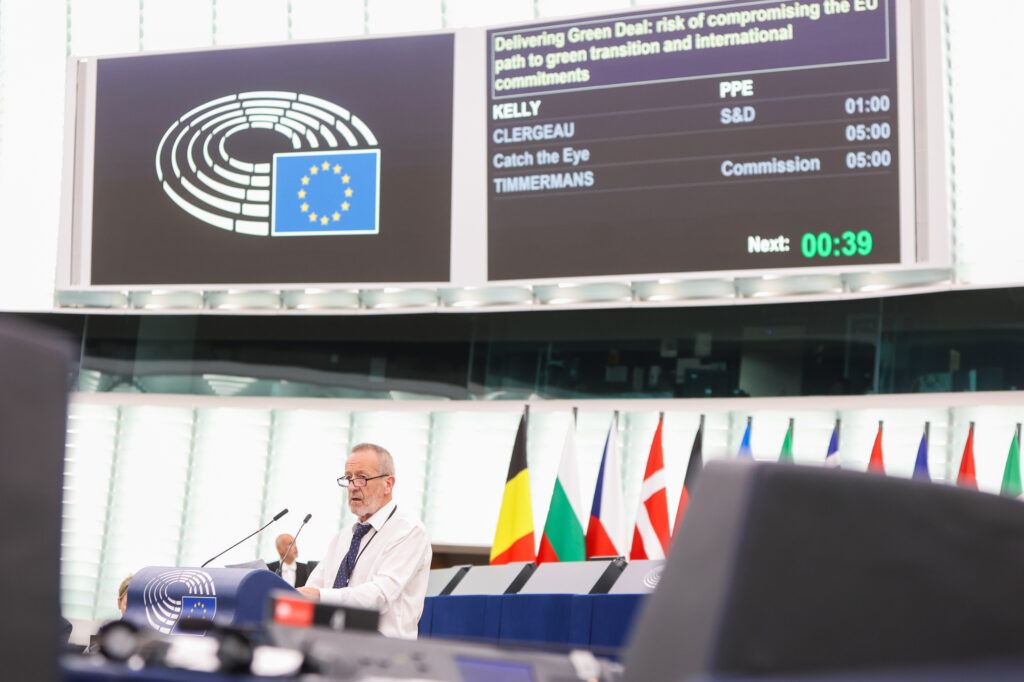Published: Wed, 06 December 2023
Share this

In the wake of COP 27 last November, which showcased both progress and setbacks, the imminent COP 28 renews our focus on the critical issue of climate finance. The central question remains: who will bear the financial burden, and how soon? The European Union (EU) has historically played a pivotal role in U.N. climate talks, and this leadership should persist in the upcoming discussions in Dubai.
The EU is presently undergoing a substantial transformation in its approach to energy generation, consumption, and storage. Recognizing that addressing sustainability and climate change is integral to shaping our economic future, the EU is committed to a comprehensive shift. Failing to take decisive action now could result in costs far exceeding those associated with proactive adaptation, not to mention the potential for social and political instability.
While these challenges are significant, there is a fundamental need for a just transition. Europe is making strides towards an economy that operates within planetary boundaries. The ramifications of climate change extend beyond environmental concerns, encompassing substantial economic risks and opportunities globally.
Regions like the Caribbean, susceptible to extreme weather events, grapple with heightened risks such as hurricanes, rising sea levels, and ecosystem disruptions. Similarly, ASEAN nations contend with the destructive forces of typhoons, floods, and shifting weather patterns. The impact on vulnerable communities, economies, and ecosystems in these regions is undeniable.
Recognizing the unique vulnerabilities of these nations is crucial, emphasizing the urgent need for increased climate financing. Climate financing is more than investment in environmental resilience; it is a fundamental step toward achieving social and economic stability.
In particular, climate financing poses a significant challenge for Caribbean nations. Classified as middle or high-income countries, they often do not qualify for low-interest loans or aid from multilateral entities like the IMF and the World Bank, leaving them burdened with substantial debt after natural disasters.
In addition, according to the Asian Development Bank, Southeast Asia requires a staggering 194 billion euros annually through 2030 for climate infrastructure investment, a substantial 12% of the estimated 1.7 trillion euros needed for sustainable infrastructure investment in emerging economies (excluding China).
The responsibility to capitalize the fund primarily lies with developed countries, yet avenues for contributions from other nations and funding sources, such as carbon markets, should be open.
Supporting our global partners is in our own interest. The EU, as a significant source of climate finance, has expressed its intent to provide a substantial financial contribution to the loss and damage fund. This commitment is crucial for assisting the Caribbean and ASEAN nations in mitigating and adapting to climate change.
It is imperative that developed countries follow through on their commitments. Failure to do so risks exacerbating global instability and reopening discussions on historical responsibility and compensation precisely at a time when increased international cooperation is vital.